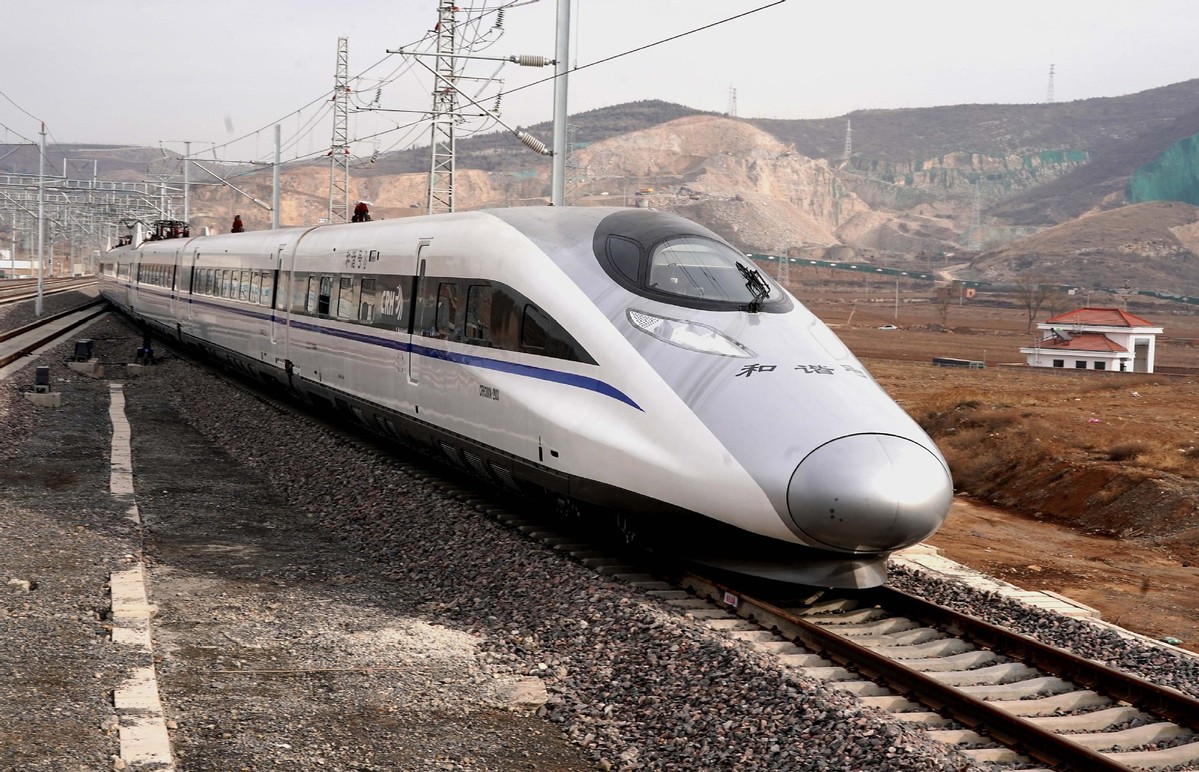Quiet carriage service popular with some high-speed travelers
By LUO WANGSHU | CHINA DAILY | Updated: 2020-12-26 08:45

Shanghai resident Wang Zhenyan, who often travels between the city and Beijing, plans to book a quiet carriage on his next trip.
"As I usually work and read onboard, a quiet environment is more comfortable," he said.
According to China Railway Corp, China's railway operator, the service aims to provide a more comfortable and tranquil environment to passengers in need.
The service, which started on Thursday, is offered on select bullet trains between Beijing and Shanghai, as well as Chengdu and Chongqing.
The quiet carriage is set up as a second class coach.
Passengers should follow protocols including switching their phones to silent or vibrate mode and using headphones with electronic devices. Passengers should leave the carriage to talk on the phone or have a conversation with fellow passengers in the hallway. Travelers with children are reminded to take care of the young fellows to avoid noise. Passengers with babies are suggested not to take the quiet carriage.
In a quiet carriage, onboard videos are muted. Announcements are made at a lower volume. Doors at the ends of the carriage are kept closed to reduce noise from the hallway.
Such services have already been adopted in select public transportation overseas, such as Australia and the United Kingdom. However, complaints are often heard for people disobeying the courtesy rules.
Some also argue it discriminates against people with hearing difficulties since the announcements are made at a lower volume.
Zhang Xiaodong, an associate professor specializing in railway transport at Beijing Jiaotong University, said train attendants are responsible for maintaining quiet in the carriage and persuading people to follow the protocol.
When China announced the quiet service in October, it sparked heated discussions online. Odd questions such as "What if I snore?" have been raised and waited to be answered.
On Wednesday, the high-speed railway between Beijing and Shanghai adopted a floating ticket price system. The flexible price system is adopted for trains with a speed between 300 and 350 kilometers per hour. Under the new system, the ticket price for a second-class seat ranges from 498 to 598 yuan ($76 to 92). For a business class seat, the price is between 1,748 and 1,998 yuan.
Under the old rule, the ticket price for a second-class seat is 553 yuan and 1,748 yuan for a business class seat.
The price will be adjusted according to the passenger flow volume, the railway operator said.
























